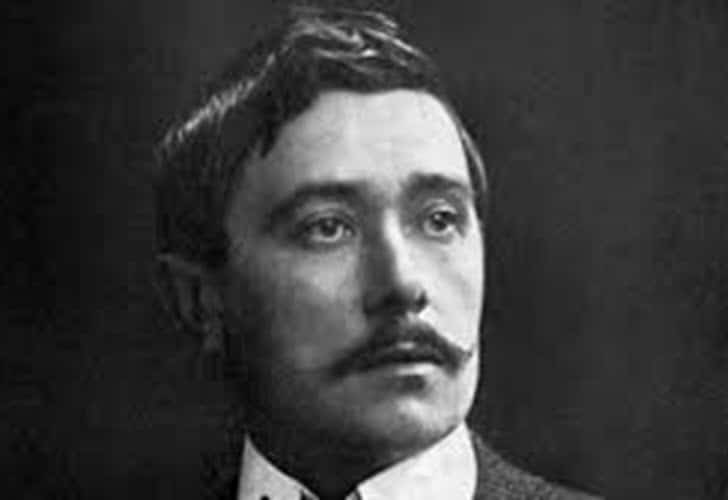Unveiling the Enigmatic World of Maurice Maeterlinck: Exploring Symbolism and Beyond

Maurice Maeterlinck (29 August 1862 – 6 May 1949) was a Belgian playwright, poet, and essayist. He was awarded the Nobel Prize in Literature in 1911.
Life and Career
He was born on 29 August 1862, in Ghent, Belgium. He studied law at the University of Ghent, but he soon developed a passion for literature and dropped out of school to pursue a career as a writer. He published his first poetry collection, “Serres Chaudes,” in 1889, which was followed by several other works in the coming years.
His most famous work is the play “The Blue Bird,” which was first performed in Moscow in 1908. The play is a fairy tale that explores the themes of happiness, love, and the human search for meaning. “The Blue Bird” became hugely popular and was translated into several languages, making Maeterlinck a household name in Europe.
In addition to his literary career, Maeterlinck was also interested in science, particularly in the field of entomology. He wrote several essays on the subject, including “The Life of the Bee” and “The Intelligence of Flowers,” which explored the behavior and inner workings of these organisms.
He died on 6 May 1949, in Nice, France.
Award and Legacy
He was awarded the Nobel Prize in Literature in 1911 for his “many-sided literary activities,” which were described as “a treasure-house of imaginative wealth, marked by a subtle artistic sense that has rarely been surpassed.”
His legacy has had a lasting impact on the literary world, and his works continue to be read and studied by scholars and enthusiasts alike. His emphasis on the spiritual and emotional aspects of life, as well as his interest in science, make him a unique and important figure in the history of literature.
Observer Voice is the one stop site for National, International news, Sports, Editor’s Choice, Art/culture contents, Quotes and much more. We also cover historical contents. Historical contents includes World History, Indian History, and what happened today. The website also covers Entertainment across the India and World.

